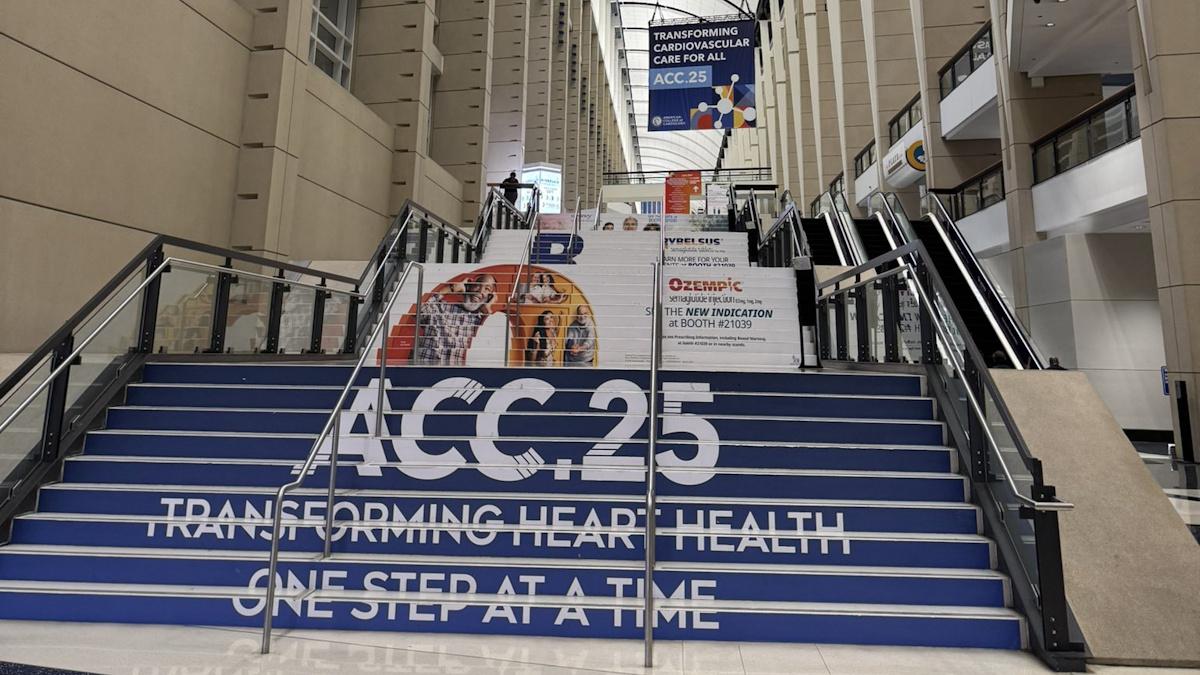Dosing prompts Novartis to tap Ionis for second Lp(a) drug

Novartis has turned to Ionis for another cardiovascular disease drug, putting $60 million down for a follow-up to lipoprotein(a)-targeting drug pelacarsen, which is now in phase 3 testing.
The new drug is billed as a "next-generation" drug targeting Lp(a) based on Ionis' "new and advanced technologies." The upfront payment comes along with undisclosed milestones, and Novartis will be responsible for the development, manufacturing and sale of the follow-up if approved.
The deal comes as antisense-based pelacarsen is being evaluated in the large-scale HORIZON cardiovascular outcomes study, which completed enrolment of more than 8,300 subjects with cardiovascular disease and elevated levels of Lp(a) a year ago and is due to generate results in 2025.
The readout will focus on the rates of major cardiovascular events (MACE) in patients who receive a monthly 80mg dose of pelacarsen given by subcutaneous injections, compared to a placebo group.
Novartis' decision to line up a second-generation Lp(a)-targeting drug could stem from the threat posed by a rival RNA interference-based therapy – Amgen's olpasiran – which is also in a phase 3 cardiovascular outcomes study and may be dosed just once every three months.
Also in the running is Silence Therapeutics, which is developing an RNAi-based Lp(a) candidate called zerlasiran in the phase 2 ALPACAR-360 study. In a phase 1 trial, the drug was shown to reduce Lp(a) levels in the body for up to five months, suggesting it may need to be dosed even less frequently.
There's no word from the partners on the particular characteristics of the new candidate, but Ionis' chief executive Brett Monia said: "This collaboration is designed to leverage Ionis' advancing RNA-targeting platform technologies to deliver a novel Lp(a)-targeting therapy that we expect will provide industry-leading efficacy and dosing frequency."
Elevated Lp(a) is recognised as an independent genetic risk factor for coronary artery disease, heart attack, stroke, peripheral arterial disease, and aortic stenosis, and at the moment, there are no approved drugs to reduce levels of the lipoprotein.
It is estimated that about 50% of atherosclerotic cardiovascular disease is not driven by LDL-cholesterol – the target of most lipid-lowering drugs, including statins and PCSK9 inhibitors – and that the majority of those cases are associated with Lp(a). And unlike LDL-c, Lp(a) cannot be modified much with lifestyle changes like diet and exercise.
Earlier this year, Novartis joined forces with genetic testing specialist 23andMe to try to raise awareness about Lp(a) and improve testing rates in the build-up to the potential approval of drugs that can reduce levels of the lipoprotein in the body.













